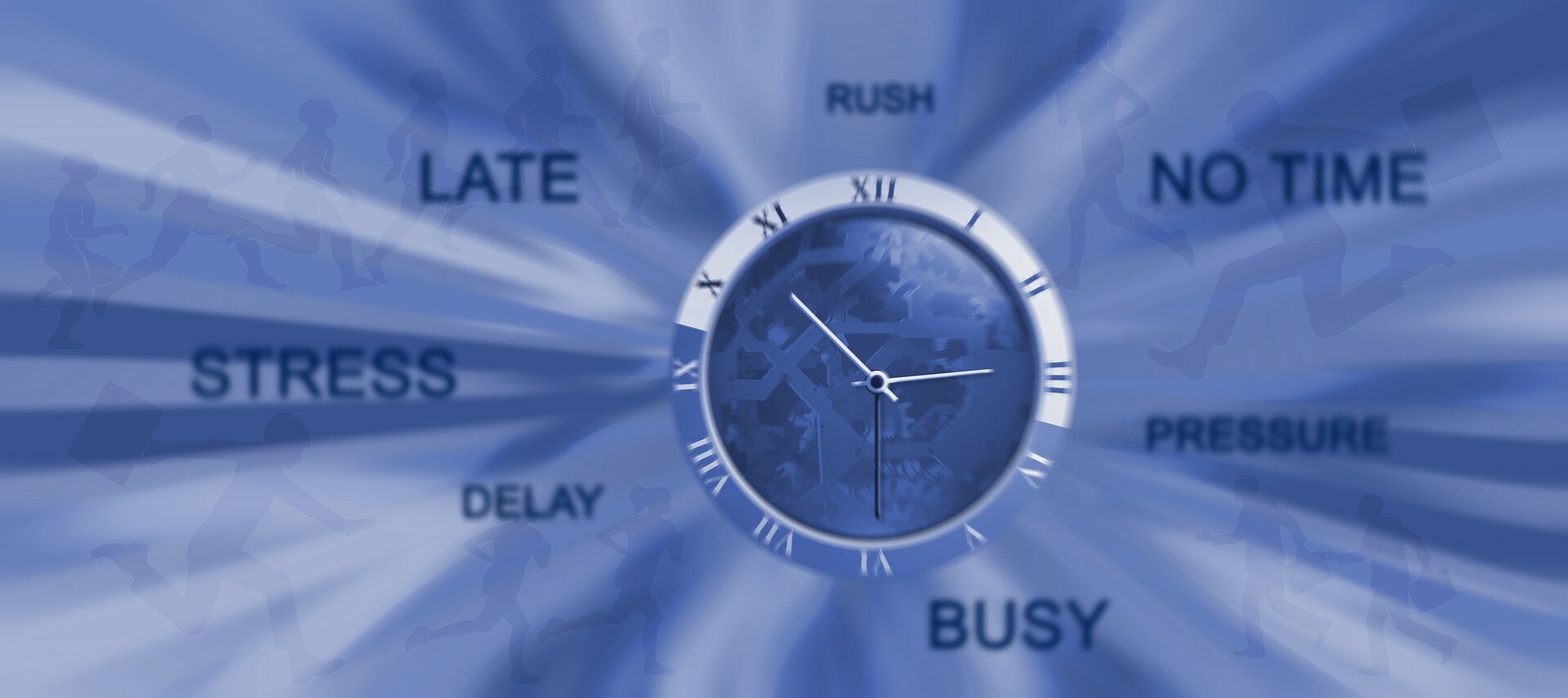What Can You control?
/There’s been a theme over the last few weeks – Overwhelm. I have spoken to front line staff and CEOs, and they are all saying that the year has just kicked off but they are already feeling overloaded. Some of the threads are:
To do lists growing faster than the ability to tick them off.
Increased scrutiny.
Growing pressure to justify budgets and approaches.
Disruptive change
People working against each other sometimes on the same team.
And more… and all coupled with fatigue and a mind that is hard to still in the whirlwind.
When psychologists study the Survivor Personality, they look for attributes that consistently show up in people who beat the odds. One attribute is they focus on what they can control and make sure they do a cracking job of that. They either ignore things outside their control or are very discerning when exerting energy on things they can’t control.
Stephen Covey mapped 3 layers:
Control - the things you can directly control. You take an action and there is a direct result. This ‘bucket’ is generally relatively small. How you prepare, how you work, what you say, think and do are in this bucket. Other people’s actions are generally not.
Influence - things you can't directly control, but can have an influence over. Other people’s actions, preparation, opinions etc. fit here.
Concern - things you need to pay attention to, but you have no control or influence over.
(Covey articulated it well, but the idea has been around much longer. The Stoics of Ancient Greece and Rome have this as a central theme in their philosophy of life. if you’d like to know more about this very practical philosophy read “Happy” by Derrin Brown)
How does it work? The Pilbara region of WA has just experienced a once in 30-year storm event. If you lived in the path of the storm, damaging winds, and extreme rainfall are in the circle of concern. It’s wise to pay attention, but no amount of effort or worry on your part will change the fact that the storm is coming and will arrive in its own sweet time.
Ideally, we pay attention on things in our concern bucket, but don’t exert emotional energy like worry, fear, or anger over it, because that is wearing and entirely ineffective. Sometimes this is easier said than done, but often it’s simply a matter of deciding that that’s going to be your approach. What are the current ’storms’ in your bucket of concern? Sometimes we also need to consciously remove things from this bucket, especially when overwhelmed. Reserve ‘concern’ space for things that are current and directly relevant to you. Ditch the rest.
Influence in the storm might include encouraging a neighbour to clear up a big pile of scrap in their yard that could become flying missiles when the storm hits. You can influence that, but ultimately you have no control over whether they will clean the yard.
Control is your own preparation and action leading up to and during the storm.
When I am overwhelmed I find these buckets useful as a triage tool. I work out what I can control and focus most of my effort there.
What can you control?
Next week we'll look at ways to make the circle of influence more effective.
More from Mike
Subscribe to Mike’s weekly Unshakable Newsletter here.
Download a 1-page resource on the power of gratitude in Unshakable teams here.
Join Mike's Thrive and Adapt Workshop in Perth. $50 from each ticket will go to Australian Bushfire Relief.
Buy a copy of Mike’s book “Thrive and Adapt” here, or sign in for a complimentary PDF copy
Contact Mike to discuss organisation wide Well-being and Resilience programs that create Unshakable teams:
+61 423 193 196


